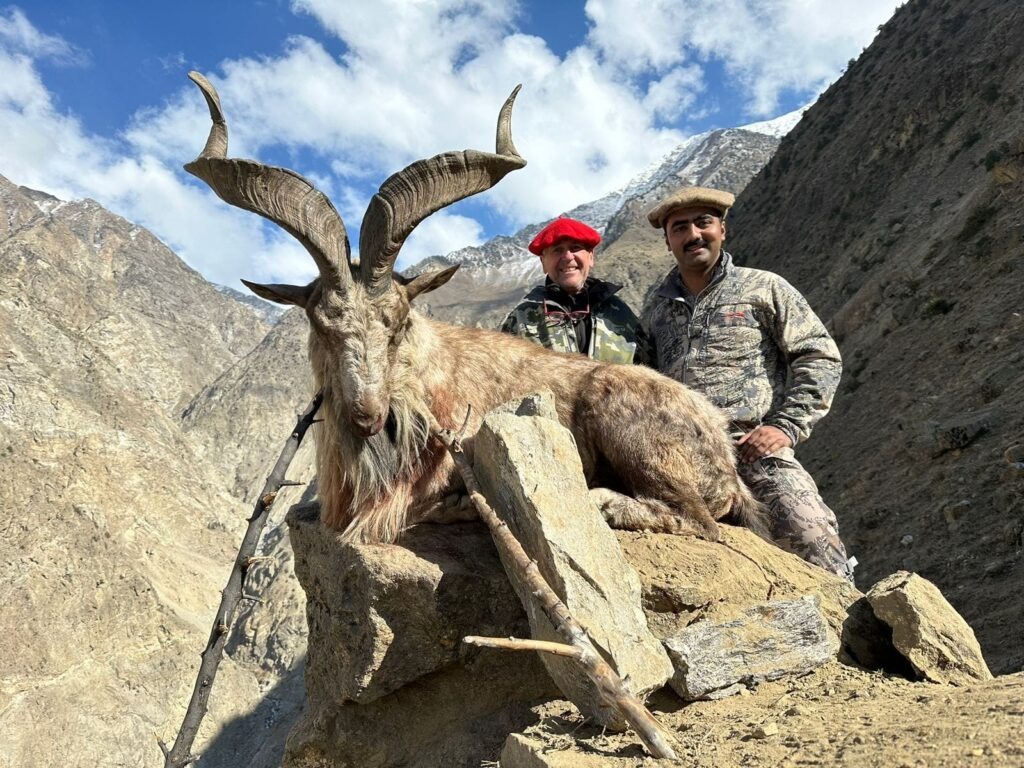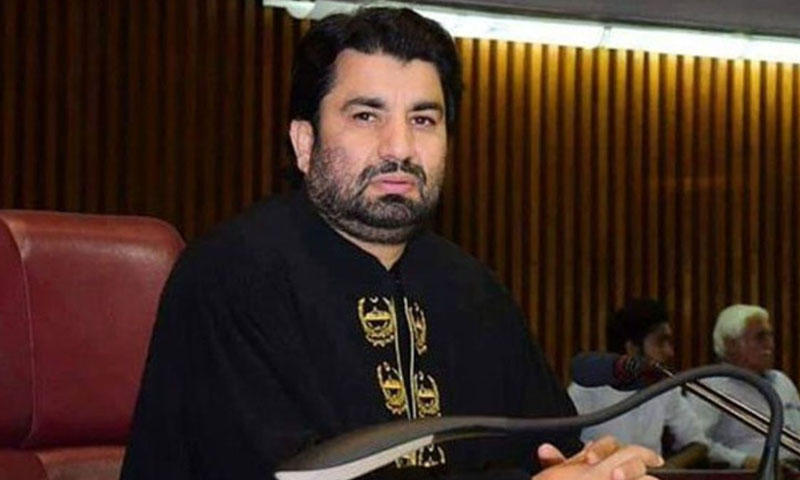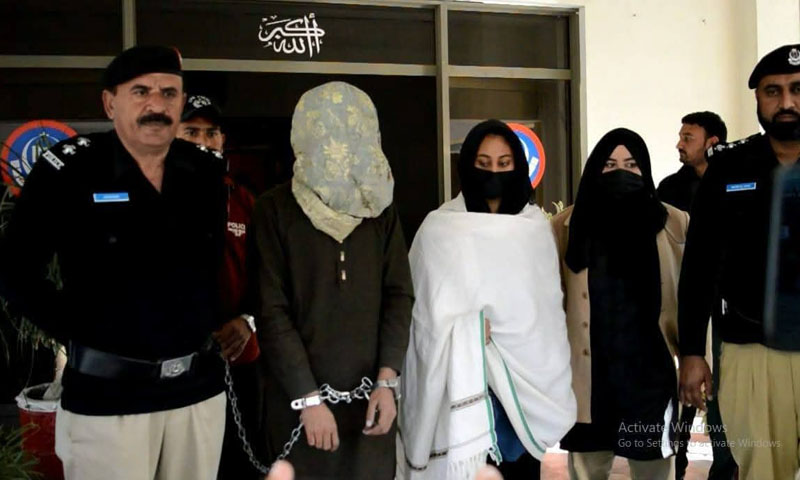- Web Desk
- Feb 09, 2026
G-B trophy hunting auction fails to attract high bids
-

- Tanveer Abbas
- Nov 01, 2024

GILGIT: The Gilgit-Baltistan (G-B) Parks and Wildlife Department’s annual auction for trophy hunting permits yielded lower-than-expected earnings for the 2024-2025 hunting season, with bid prices for the region’s prized trophy hunts showing a notable decrease.
In total, 118 permits were available this season, including four for the highly coveted Astore markhor, 14 for blue sheep, and 100 for Himalayan ibex, all within community-controlled hunting areas (CCHAs) across Gilgit-Baltistan. Of these, four markhor, 12 blue sheep, and 86 ibex permits were successfully auctioned.
The highest bids for two Astore markhor permits, for hunting in the Danyore and Buji CCHAs, brought in $107,000 each, a significant decrease from last year’s record high of $181,000. The other two permits, issued for Sikanderabad and Tangir CCHAs, were auctioned at $106,000 each, whereas last year’s bids ranged from $171,000 to $180,000.
For the Himalayan ibex, the top bid for an exportable trophy was $6,700, while bids for non-exportable trophies reached Rs. 1.8 million. Local hunters’ highest bid for ibex permits was Rs. 760,000. Blue sheep trophies attracted bids of $11,200 for exportable permits and Rs. 1.65 million for non-exportable ones, both considerably lower than last season, when bids for international permits ranged from $26,000 to $35,000 and local permits reached up to Rs. 1.8 million.
By the end of last season, 51 Himalayan ibex, six blue sheep, and four Astore markhor trophies were taken, generating a trophy hunting revenue of Rs. 309,351,708. The GB trophy hunting program allocates 80 per cent of revenue to the communities managing CCHAs, distributed during formal events with cross-checking for accuracy. The remaining 20 per cent is allocated to the government, with portions earmarked for wildlife habitat improvements and local development projects.
PM Shehbaz condemns Mastung blast that killed 5, injured 15
The reduced bids for Astore markhor permits have raised concerns over the sustainability of trophy hunting as a method for supporting wildlife conservation in the region. However, Wildlife Conservator Khadim Hussain, in an interview with HUM News English, dismissed any possibilities of foul play, stating that the bidding process was fair and transparent, with Rs. 3.2 million spent on newspaper advertisements. The open bidding took place in front of the media, with only four hunters bidding for the four Astore markhor permits, which contributed to the lower revenue.
Hussain acknowledged the disappointing results but emphasized that the legal process was followed. “We can’t force higher bids without competition,” he explained, noting that canceling the auction could have risked hunters moving to Khyber Pakhtunkhwa (KP) to obtain non-exportable permits.
He attributed the reduced bids to several factors, including a new non-exportable permit category introduced by KP for ten additional markhors, which offered hunters a lower-cost alternative. Additionally, advisories issued by several countries due to the Israel-Iran conflict may have deterred international hunters, further limiting competition. Hussain added that few outfitters operate in the region, limiting the pool of international hunters.




